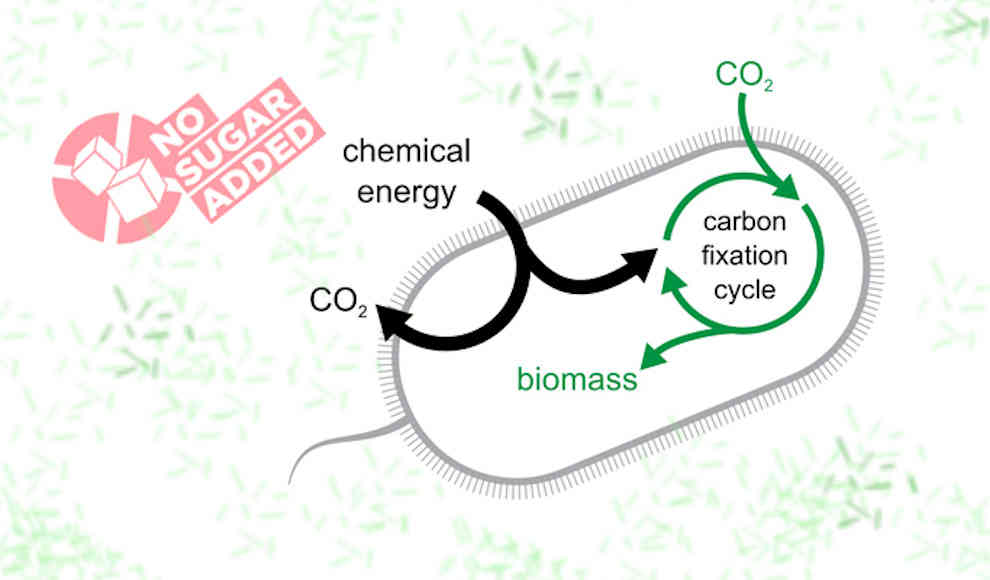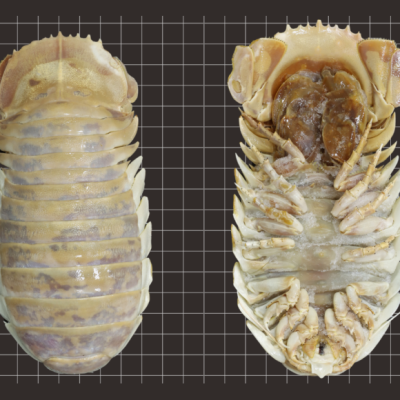In a groundbreaking development, scientists at the Weizmann Institute of Science have created a genetically modified strain of E. coli bacteria that can derive all of its carbon from carbon dioxide. This breakthrough could pave the way for the creation of food and fuel from such bacteria in the future. E. coli bacteria are commonly found in the human gut and are not harmful to humans. They typically feed on sugars found in food and provide the body with vitamins. However, pathogenic strains of E. coli can cause infections. In biology, E. coli is one of the most important model organisms used in molecular biology research.
The scientists at the Weizmann Institute of Science have previously created a strain of E. coli that can consume carbon dioxide, but it could only derive a small portion of its carbon from it. The new strain, which can derive all of its carbon from carbon dioxide, was created through a combination of genetic engineering and traditional evolution techniques. The bacteria were given genes that produce an enzyme used by plants to convert carbon dioxide into carbon using sunlight. Since the bacteria do not have access to sunlight, the scientists added another gene that provides organic molecules as an energy source for the conversion process.
The scientists then exposed the bacteria to a low amount of sugar and a high concentration of carbon dioxide, which led to a mutation in eleven genes after 200 days. This mutation allowed the bacteria to process carbon dioxide. The current bacteria strain is only a stepping stone towards the creation of bacteria that can produce food and fuel from carbon dioxide. A Finnish startup, Solar Foods Ltd., is also working on a similar approach to create food from bacteria that consume carbon dioxide, but they require an external energy source in the form of light.










